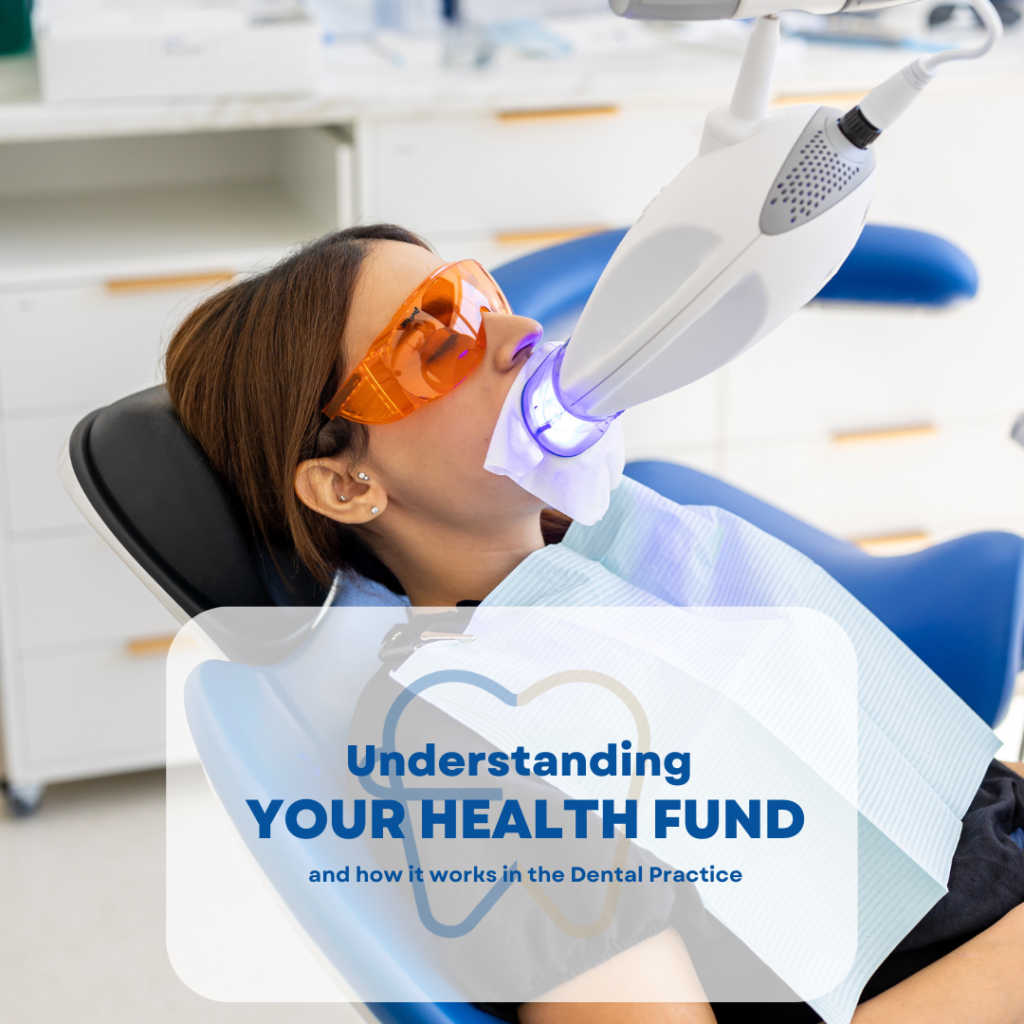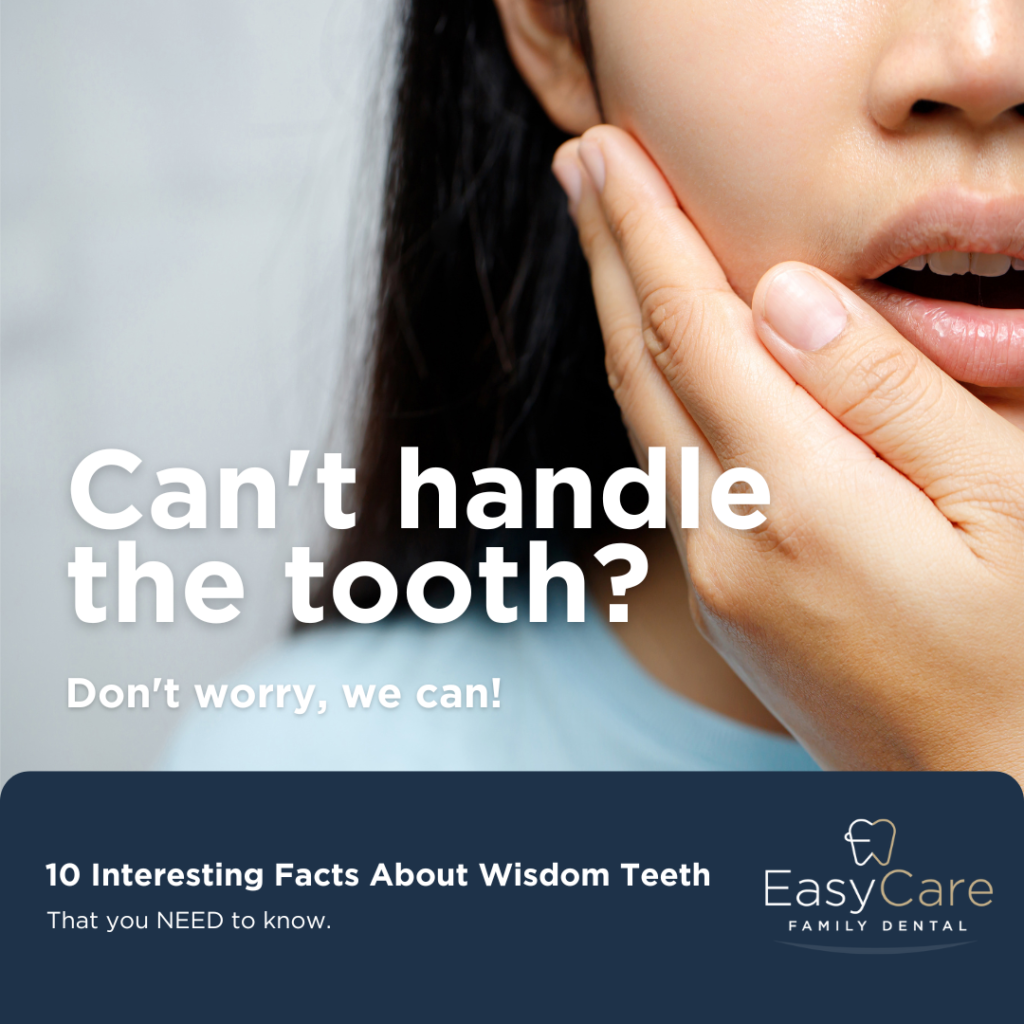Taking care of your health is crucial for your well being especially for individuals with Autism Spectrum Disorder (ASD). It can be challenging for them to maintain hygiene. EasyCare Family Dental recognises the importance of providing customised care tailored to the needs of those with ASD. In this blog post we will discuss ways to promote hygiene techniques to make dental visits more comfortable and common dental problems linked to ASD.
Interesting Facts About Autism
- Prevalence: Approximately 1 in 70 Australians are on the autism spectrum.
- Sensory Sensitivities: Many autistic individuals have heightened sensory sensitivities, making dental visits particularly challenging.
- Communication Challenges: Some autistic children may have difficulty expressing dental discomfort or pain, which can lead to undetected oral health issues.
- Routine Preference: Autistic individuals often thrive on routine, which can be beneficial for establishing consistent dental hygiene practices.
Are There Specific Oral Health Concerns Linked to Autism Spectrum Disorder?
Individuals with ASD may face an increased likelihood of health issues due to behavioural, sensory and medical factors. Common oral health concerns include;
- Risk of Cavities and Gum Disease: People with ASD might have preferences that involve sugary or acidic foods, which could raise their susceptibility to cavities. Moreover difficulties with brushing and flossing may result in accumulation and gum disease.
- Obstacles in Maintaining Oral Hygiene: Sensory sensitivities and challenges in motor coordination can make it difficult for individuals, with ASD to properly brush and floss their teeth. Due, to this maintaining hygiene practices might not be as effective potentially resulting in dental problems.
- Sensitivity Towards Oral Sensations: Being sensitive to sensations in the mouth like the texture of a toothbrush or the flavor of toothpaste can create discomfort during care routines. Using products and methods that cater to needs can help alleviate these difficulties.
How Can People with Autism Spectrum Disorder Ensure Good Oral Hygiene?
Preventing cavities, gum disease and other dental issues is essential for people with ASD. Here are some effective tips;
- Establish a Regular Routine: Consistency is key for individuals with ASD when it comes to hygiene. Develop a routine that includes brushing twice a day and flossing once a day. Utilise schedules or timers to reinforce the routine.
- Utilise Visual Tools and Narratives: Visual aids, like charts and diagrams can help explain the steps involved in brushing and flossing teeth. Social stories, descriptions of activities or situations can prepare individuals for what they can anticipate during their oral care regimen.
- Choose products that are gentle on the senses: It is common for individuals with ASD to have sensitivities. Opt for toothbrushes with bristles and toothpaste with flavours. Electric toothbrushes can also be helpful as they are easier to use and can make brushing more effective.
- Break down the steps of care: Breaking down the process of brushing and flossing into manageable tasks can help make the routine less daunting and simpler to follow.
- Encourage positive behaviour: Using positive reinforcement, such as praise and rewards can motivate individuals to stick to their oral hygiene routine
How Can Dental Visits Be Made Easier for Individuals with Autism?
Dental appointments can be anxiety inducing for individuals with ASD due to surroundings, noises and sensations. Here are some tactics to enhance comfort during visits;
- Arrange a tour before the appointment: Organise a visit tour of the dental office so that the individual becomes familiar with the setting. Meeting the team and getting acquainted with the tools in advance can alleviate anxiety.
- Communicate effectively with staff: Share information about the individuals requirements, preferences and sensory sensitivities, with the team. This will enable them to offer care tailored to their needs.
- Utilise Visual and Social Tools: Use schedules or social narratives to help prepare for the appointment. These tools can outline the steps involved in the visit. Provide an overview of what to anticipate during the appointment.
- Bring Comforting Items: Allow the individual to bring along comforting items, like a toy or blanket to the appointment. These familiar objects can offer a sense of security. Help alleviate any anxiety.
- Learn Relaxation Methods: Introduce relaxation techniques, such as breathing exercises or visualization practices to help cope with anxiety during the visit. Practicing these methods beforehand can enhance their effectiveness when utilised during the appointment.
Questions Parents of Autistic Kids Might Have for Their Dentists
Parents often have many questions about managing their child’s dental health. Here are ten common Q&As:
- Q: How can I prepare my autistic child for a dental visit?
- A: Use social stories, visual schedules, and practice visits to familiarize your child with the dental office environment.
- Q: What are some tips for brushing my autistic child’s teeth?
- A: Use a toothbrush with a soft grip, create a calm and predictable routine, and consider using an electric toothbrush for thorough cleaning.
- Q: How often should my autistic child visit the dentist?
- A: Regular check-ups every six months are recommended, but some children may benefit from more frequent visits.
- Q: Are there specific toothpaste brands suitable for autistic children?
- A: Look for toothpaste with mild flavors and minimal foam, as sensory sensitivities can make some products uncomfortable.
- Q: What should I do if my child refuses to open their mouth during a dental exam?
- A: Work with your dentist to find desensitization techniques and practice at home with non-threatening tools like mouth mirrors.
- Q: Can diet impact my autistic child’s oral health?
- A: Yes, a balanced diet low in sugary foods and drinks is crucial for preventing cavities and maintaining overall oral health.
- Q: How can I manage my child’s anxiety about dental visits?
- A: Use calming techniques, bring comfort items, and consider scheduling appointments at times when the office is less busy.
- Q: What should I do if my child grinds their teeth?
- A: Consult your dentist about getting a custom mouthguard to protect their teeth, especially during sleep.
- Q: Are there sedation options for dental procedures?
- A: Yes, discuss with your dentist the possibility of using sedation or anesthesia to ensure a stress-free experience for your child.
- Q: How can I make dental hygiene fun for my child?
- A: Use apps, songs, and reward systems to make brushing and flossing enjoyable activities.
References
- Autism Spectrum Australia (Aspect): Autism and Oral Health
- Dental Health Services Victoria: Oral Health and Autism
- Australian Dental Association: Dental Care for Special Needs
Here at EasyCare Family Dental our focus is on delivering caring and tailored services for individuals with Autism Spectrum Disorder. Our skilled team is committed to assisting you in achieving and upholding health. If you have any inquiries or wish to arrange an appointment please reach out to us at 3523 3333. Drop by our location, at Suite 103 33 Lytton Rd, East Brisbane, QLD 4169.



